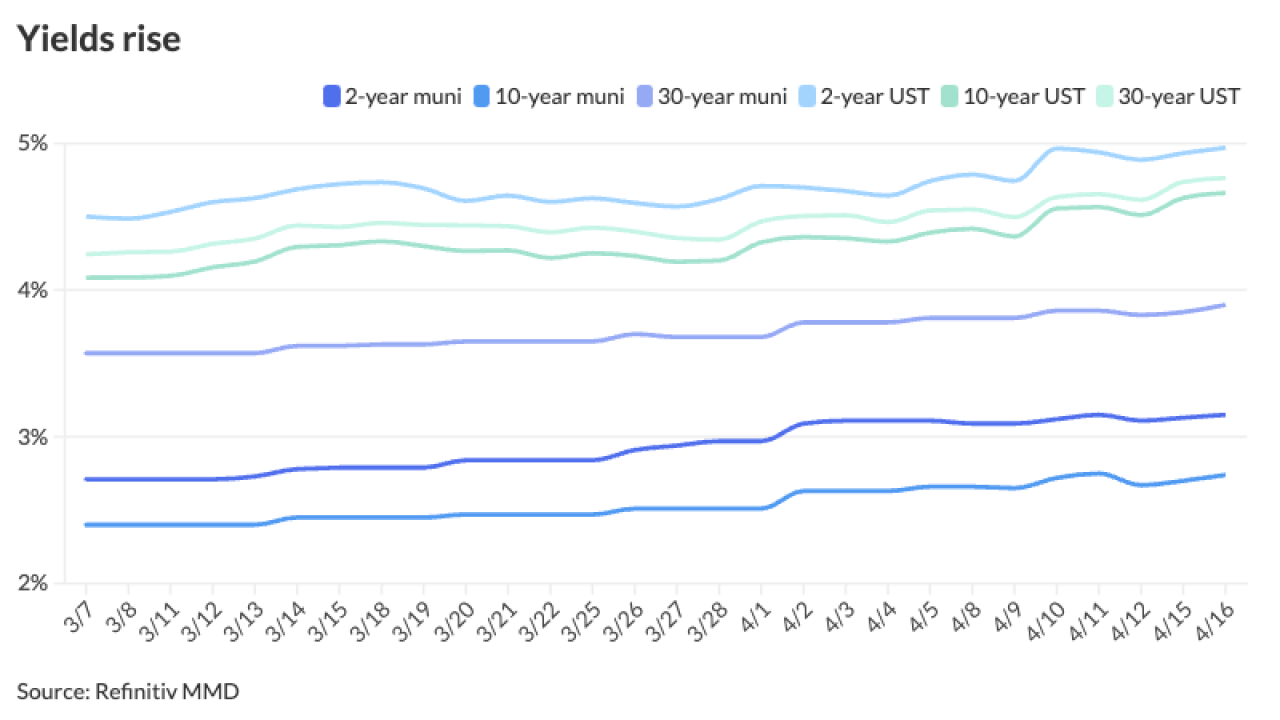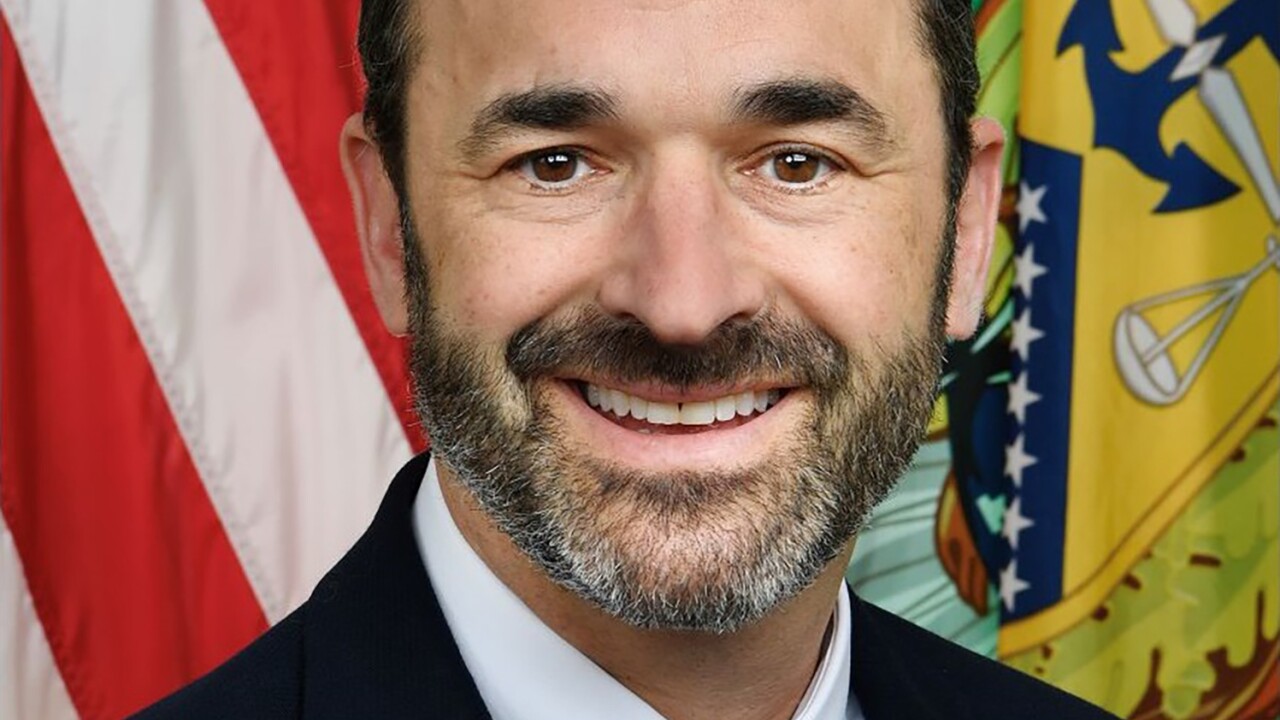WASHINGTON — Multiple factors such as the lack of a White House proposal and a public push-back against gas-tax hikes or new mileage fees are working against the passage of a new multiyear transportation bill, market participants warned yesterday at a conference here sponsored by the American Association of State Highway and Transportation Officials.
In addition, state department of transportation officials said they are nervous about whether Congress can restore halted federal aid to reimburse them for costs. The federal aid to states is on hold due to Congress’ failure to approve a legal extension of highway trust fund payments, which expired Sunday.
The Obama administration has been reticent to put forward recommendations for a new transportation bill, but lawmakers in the Senate are waiting for the White House to lead the charge.
“The leadership for a national program is really going to have to come from the White House,” said Tom Lynch, a legislative assistant for Sen. Max Baucus, D-Mont., who chairs the Finance Committee and two subcommittees that control spending and authorizations of transportation programs.
Worsening the outlook for a bill is low public support for two methods of generating more revenue to pay for the bill, speakers said. The two methods — a fuel tax hike or a tax based on vehicle-miles traveled — are at the forefront of debate about how the federal government can regain control of its highway funding system.
Lynch said the nation’s transportation infrastructure is being increasingly paid for using a larger pool of money outside of the highway trust fund, which contains gas taxes and other vehicle-based tax revenues, then uses them to pay states. But the fund has grown unstable as the result of payments outpacing revenues.
During the past two years, the federal government’s general fund provided close to $60 billion for transportation projects in addition to, or as a substitute for, highway trust fund money, Lynch noted.
Despite the recurring crises in highway funding, several conference speakers saw little chance of a gas-tax increase this year and an uphill battle for a mileage fee.
“The issue is that most people in the country have come to take for granted that we have this network of roads, highways, and bridges, that they will always be there,” Lynch said. The public also sees programs like the American Recovery and Reinvestment Act and the Troubled Asset Recovery Program as “a misuse of their tax dollars,” and may perceive a gas tax increase similarly, he said.
Meanwhile, states are reevaluating their transportation programs because of the temporary cessation of highway trust fund payments.





